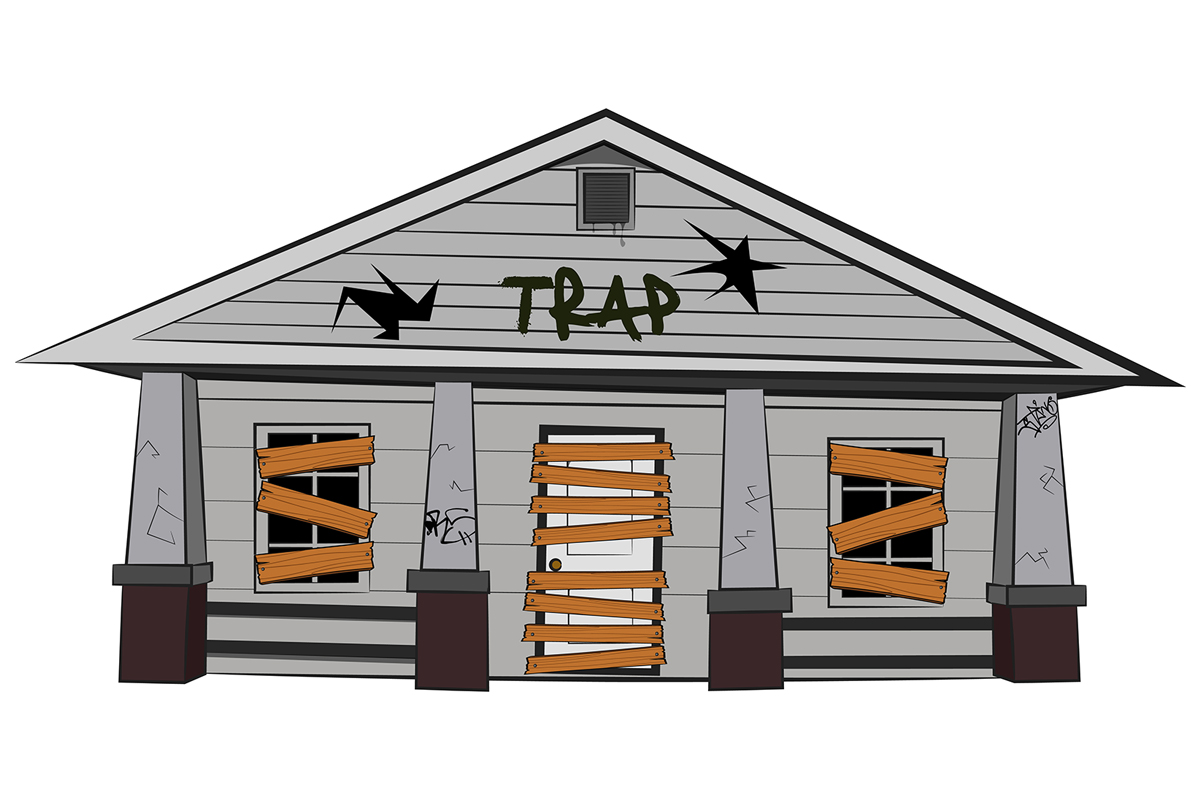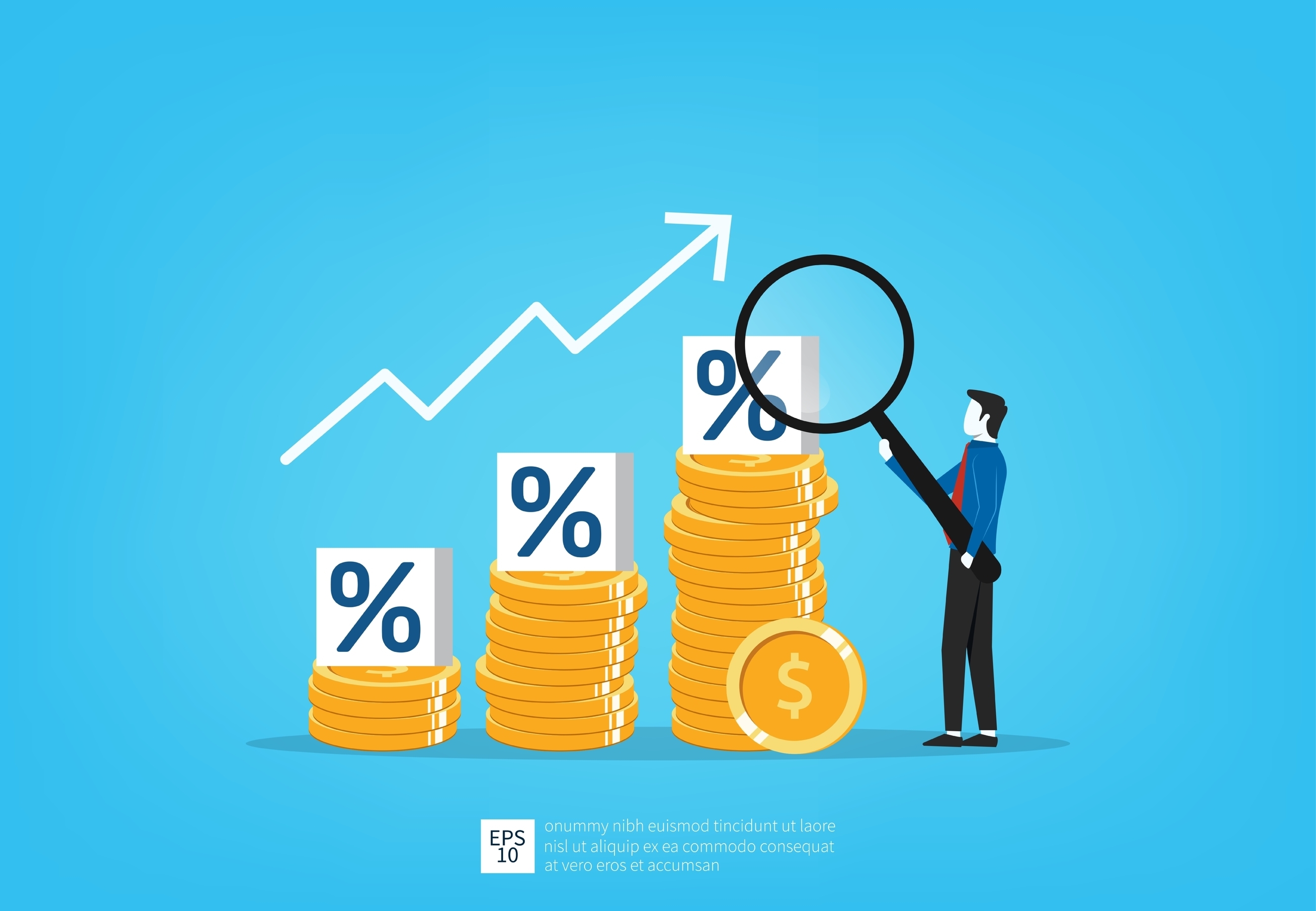
Trapped by a Good Deal: The Lock-in Effect Gripping the Housing Market
The American dream of owning a home has always been a central part of our culture. However, recent events in the housing market have created a peculiar situation where many homeowners find themselves "trapped" in their homes, having secured incredibly low mortgage rates during the pandemic. Just when you thought you had learned all the real estate vocabulary out there, there is a new term known as the "lock-in effect," which is causing ripples throughout the housing market and the broader economy.
What is the Lock-in Effect?
Imagine you bought (or refinanced) a house a few years ago when interest rates were at historic lows, say around 3%. You're now sitting pretty with a fantastic mortgage deal. However, interest rates have since skyrocketed to around 7%. If you were to sell your home and buy a new one, you'd be forced to take out a new mortgage at this much higher rate, likely increasing your monthly payments. This financial reality is discouraging many homeowners from moving, even if they want to.
This hesitation to sell is causing a ripple effect throughout the housing market. Fewer homes are being put up for sale, leading to decreased inventory and increased competition among buyers. This, in turn, drives up prices, making it even harder for first-time buyers to enter the market. The lock-in effect is estimated to have prevented around 1.3 million home sales from spring 2022 to the end of 2023.
Why is This Happening Now?
The lock-in effect is not a new phenomenon, but its current scale is unprecedented. Several factors have contributed to this situation:

The Impact on Homeowners
While having a low mortgage rate might seem like a blessing, the lock-in effect has created several challenges for homeowners:
Broader Economic Consequences
The lock-in effect doesn't just impact individual homeowners. It has far-reaching consequences for the economy:
What Can Be Done?
President Biden has acknowledged the issue and proposed temporary tax credits to incentivize new home buyers and sellers. However, the effectiveness of this measure remains to be seen. Some economists argue that the lock-in effect is likely to persist until interest rates decrease or stabilize, which may take time.
In the meantime, homeowners who are considering selling their homes need to carefully weigh the financial implications. While moving might mean giving up a great mortgage rate, it could also open up new opportunities and improve their overall quality of life. It's essential to consult with financial advisors and real estate professionals to make informed decisions.
The Bottom Line
The lock-in effect is a complex issue with no easy solutions. While it presents challenges for homeowners and the housing market, it also underscores the importance of understanding the long-term implications of financial decisions, especially when it comes to something as significant as a mortgage. As the market evolves, it will be interesting to see how this phenomenon plays out and what measures will be taken to address its consequences.
Love,
Kartik
CA Exam Testing Centers: Locations, Parking, Security
Do Online Real Estate Classes Actually Prepare You in California?
Should You Take a Crash Course for the CA Real Estate Exam?

Founder, Adhi Schools
Kartik Subramaniam is the Founder and CEO of ADHI Real Estate Schools, a leader in real estate education throughout California. Holding a degree from Cal Poly University, Subramaniam brings a wealth of experience in real estate sales, property management, and investment transactions. He is the author of nine books on real estate and countless real estate articles. With a track record of successfully completing hundreds of real estate transactions, he has equipped countless professionals to thrive in the industry.